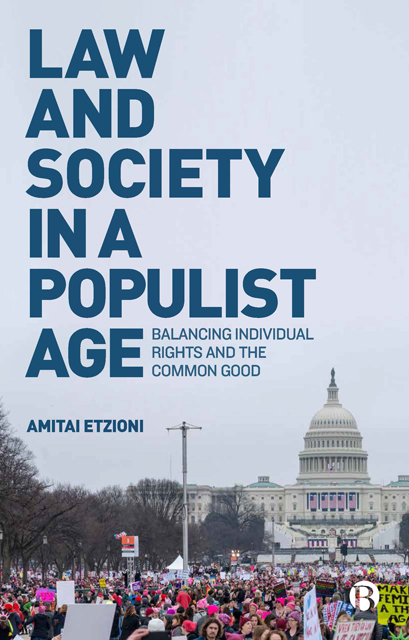nine - Undermining genocide prevention
Published online by Cambridge University Press: 21 April 2023
Summary
The Westphalian order and state sovereignty
Many hold state sovereignty to be the most profound foundation of the international order.In contemporary thought and practice, sovereignty has been largely understood in association with the Westphalian principle that forbids armed interference by one state in the internal affairs of another.Respect for international borders is a crucial part of this order. They are the markers that separate that which is fully legitimate and that which most assuredly is not. If the troops of a given state are positioned within its boundaries, the international community considers them to be a legitimate part of an orderly world composed of states. The international community holds that the same troops crossing a border with hostile intentions is a severe violation of the agreed-upon world order; should this occur, the international order and the invaded state are inclined to respond violently. There are countless reports that people in very different parts of the world feel personally aggrieved, insulted, and humiliated when they learn that their state’s sovereignty has been violated, even if another state’s troops have simply crossed some minor or vague line in the shifting sands.That millions of people have shown that they are willing to die to protect their state’s sovereignty is an indication of the depth of their commitment to this precept. Indeed, even when a state violates another’s sovereignty to bring aid to the latter’s population, strong loyalty to the sovereignty paradigm persists.
The same normative idea is also tied to the strongly held precepts of self-determination that played a key role in dismantling colonial empires and establishing independent nation-states. The right to state sovereignty is trumpeted by the governments and citizens of both autocracies and democracies—all of which tend to decry foreign intervention into their affairs on nationalist grounds. The respect for sovereigntyis ensconced in a great many international laws and institutions, such as the International Criminal Court (ICC) and, most notably, the Charter of the United Nations.For example, the Preamble as well as Articles 17 and 53 of the Rome Statute, which established the ICC, identifies the Court’s jurisdiction as complementary to the jurisdictions of its member states, which means that the ICC may pursue only those cases that states are unable or unwilling to prosecute themselves.
- Type
- Chapter
- Information
- Law and Society in a Populist AgeBalancing Individual Rights and the Common Good, pp. 143 - 148Publisher: Bristol University PressPrint publication year: 2018



